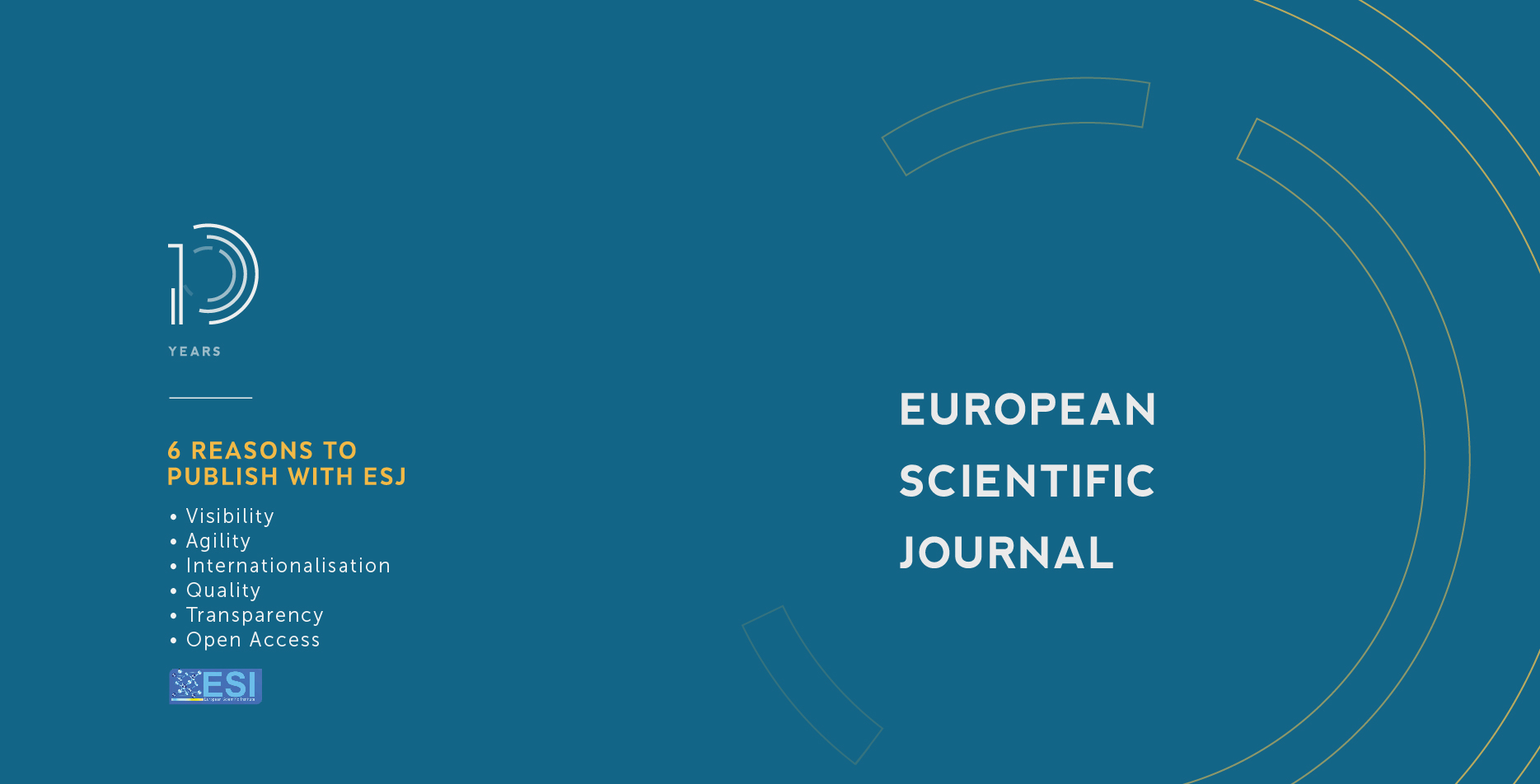Impacts of Pandemics on Economy - Focusing on the Measures and Employee Performance in Banking Industry of Pakistan during COVID-19
Abstract
This study deals with the impacts of pandemics on economy with the focus lying on the banking sector of Pakistan. This work centers on the recent pandemic of Corona Virus that instigated in late 2019. COVID-19 is not the single pandemic observed by the nations. However, the span of its outbreak is larger than those occurred earlier. This occurrence has affected the health and life of people. Besides, it is also causing strokes to the economies. Pakistan is one of the developing nations those came across with the hit. Nevertheless, banks are the only business that is operating with almost its full capacity even though many other businesses are either closed or working partially and lockdown is being observed in the country. Responses from 112 bank employees working in Pakistan obtained regarding their stance during COVID-19 and resultant lockdown. The study explores that bank employees in Pakistan are not satisfied with the financial benefits that must have been provided to work in this situation. Moreover, a significant number of employees is also having trouble due to the non-availability of appropriate conveyance facility because public transport is not available under lockdown. This condition, if prevails further, may cause employees’ demotivation, reduced productivity and economic slowdown in the long run.
Downloads
PlumX Statistics
Copyright (c) 2020 Rukhshinda Begum, Ahsen Mobeen

This work is licensed under a Creative Commons Attribution-NonCommercial-NoDerivatives 4.0 International License.








